Tuesday, March 5
| 10:00 am-12:00 pm | "Poetry Potpourri," Jan Petroski, Rebecca Miller-Moe, Betty Kasoff, Eunice Porter, Lois Rosen, Ruth Crowley, Helen Beckman, Paul Rice, Ann Boss [Ann Boss], Kaneko Auditorium For this potpourri, each presenter will discuss a poem or a passage from a poem that has had significance or meaning in their lives, and tell us a little bit about the poet. |
| 1:00 pm-3:00 pm | "Science Potpourri," Vicki Pedone, Vernelle Judy, Joyce Zook, Wayne Wallace, Tom Ellis, Ken Ash, Mark Blackburn [Mark Blackburn], Kaneko Auditorium
The Science Potpourri will feature scientific discoveries and how they influenced understanding the world around us Vicki Pedone joined ICL in 2022 Vernelle judy joined in 2015 Joyce Zook joined in 2011 Wayne Wallace joined in 2015 Tom Ellis joined in 2022 Ken Ash joined in 2012 Mark Blackburn joined in 2022 |
Thursday, March 7
| 10:00 am-12:00 pm | "Who was “that rare Italian master” and what did Shakespeare know about him?," Ann Moore [Tom Ellis], Kaneko Auditorium
Giulio Romano (1499-1546) is the only artist mentioned by Shakespeare. In The Winter’s Tale (5.2), He is described as the “rare Italian master” who creates a statue so lifelike that — in the final act — it actually does come to life, reuniting a long-lost character with her family. The real Giulio Romano was a highly respected 15th century Italian artist whose work is less well-known to Americans than that of his contemporaries. But why was he, of the many famous Italian artists of his day, singled out a century later by Shakespeare for special recognition in one of his last plays? In the first hour of the presentation, we will get acquainted with Giulio’s work as a painter and an architect, and see how he transformed the city of Mantua, where he spent much of his life. |
Tuesday, March 12
| 10:00 am-12:00 pm | "The Architecture of Three Famous Paris Art Museums," Bill Foster [Self], Kaneko Auditorium 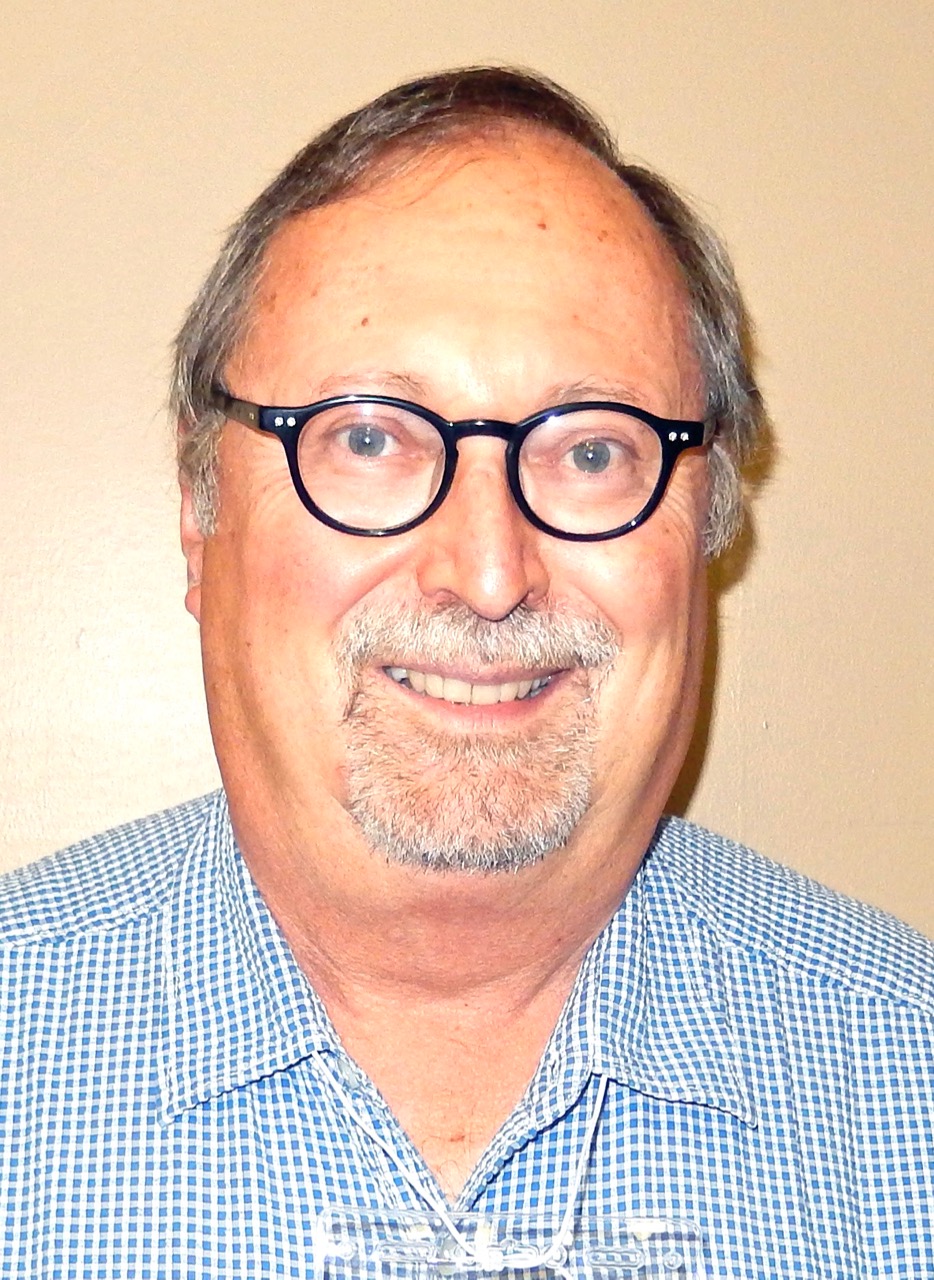 This program will focus on the architecture and history of the Louvre, D’Orsay, and the Pompidou Art Museums and how contemporary architects have shaped their current forms and uses.
This program will focus on the architecture and history of the Louvre, D’Orsay, and the Pompidou Art Museums and how contemporary architects have shaped their current forms and uses. Bill Foster has been an ICL member since 2015 and is a retired architect. Much of his career he spent planning, constructing, and managing facilities for the State of Oregon and ten years as State Architect. While working for the State of Oregon, he had the opportunity to collaborate on various projects with the State Historic Preservation Office and the Oregon Arts Commission Public Art. |
| 1:00 pm-3:00 pm | "The Geography of Disasters which Changes the Response," Ron Hays [Eric Reif], Kaneko Auditorium
Ron provided medical assistance at many disaster sites around the world. He will share his experiences. Ron also brings many years of paramedic and international experience. He led in the formation and development of an International Emergency Medical Training Program at Medical Teams International (formerly known as Northwest Medical Teams), served as their Emergency Medical Services coordinator, and was the primary editor and contributing author for the International Emergency Medical Care Textbook. |
Thursday, March 14
| 9:15 am-10:00 am | "Spring Coffee," [Social Services], Kaneko Lobby
Refreshments provided by members with last names A-L |
| 10:00 am-11:00 am | "Food Waste at the Farm Level: Impacts and Solutions," Elise Bauman [Vicki Pedone], Kaneko Auditorium 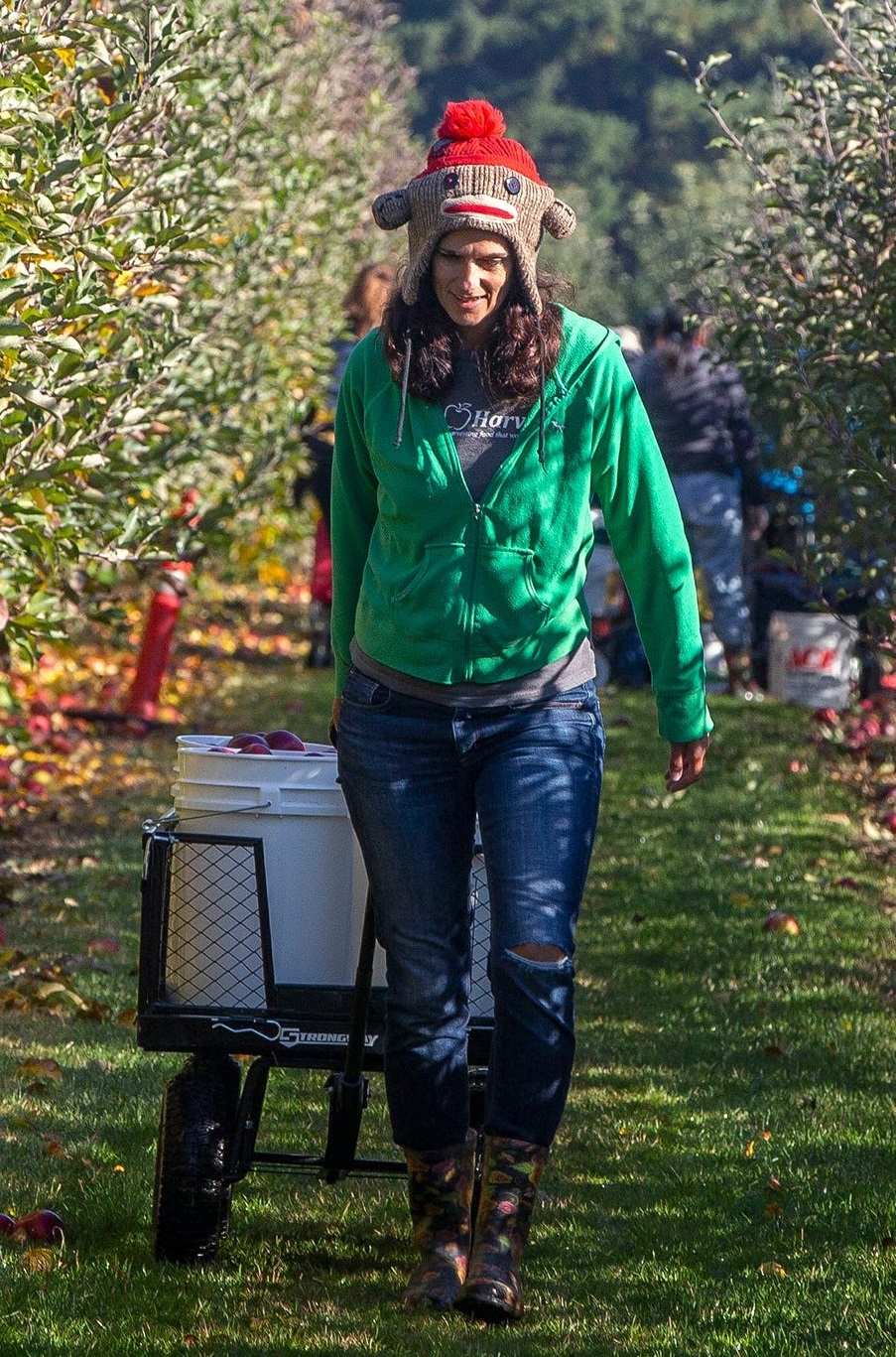 The Willamette Valley is an agriculturally rich and diverse region producing millions of tons of fruits and vegetables annually. Growers do their best to harvest and sell all that they grow. However there are instances when it doesn’t make sense for them to harvest, leaving perfectly nutritious food to waste away in the fields.
The Willamette Valley is an agriculturally rich and diverse region producing millions of tons of fruits and vegetables annually. Growers do their best to harvest and sell all that they grow. However there are instances when it doesn’t make sense for them to harvest, leaving perfectly nutritious food to waste away in the fields. This presentation will look at why crops aren’t harvested, what the impact is on the environment and the growers, as well as solutions that benefit our community as a whole and how everyone can become engaged. Elise Bauman is the Executive Director of Salem Harvest, a non-profit organization that strives to feed hungry families by harvesting food that would go to waste. Bauman was raised on a farm in rural Nevada where you ate what you grew and food was never wasted. Upon moving to Salem in the 1990’s, she was awed by the bounty of fresh produce and revived her agricultural passions when connecting the dots between food waste and local food insecurity. |
| 11:00 am-12:00 pm | "Human Migration and the Refugee Crisis," Elliot Dickinson [Anita Owen], Kaneko Auditorium 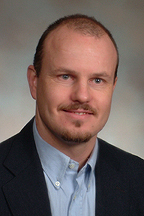 This talk will examine the complex forces behind international migration and the enormous impact it is having on our globalized world. It will cover both the challenges and opportunities associated with migration in a selection of countries around the world. It will also investigate the profound impact that climate change is likely to have on patterns of human migration in the coming years.
This talk will examine the complex forces behind international migration and the enormous impact it is having on our globalized world. It will cover both the challenges and opportunities associated with migration in a selection of countries around the world. It will also investigate the profound impact that climate change is likely to have on patterns of human migration in the coming years. Elliott Dickinson Ph.D is Assistant Professor of Political Science at Western Oregon University. A graduate of Purdue for his Doctoral work, Elliot furthered his studies as a Mellon Foundation postdoctoral researcher in Johannesburg South Africa. His research focuses on European/German and African/South African politics and immigration. |
Tuesday, March 19
| 10:00 am-12:00 pm | "Portland’s 1965 Brownshirt Eruption," Seth Cotlar [Dave MacMillan], Kaneko Auditorium 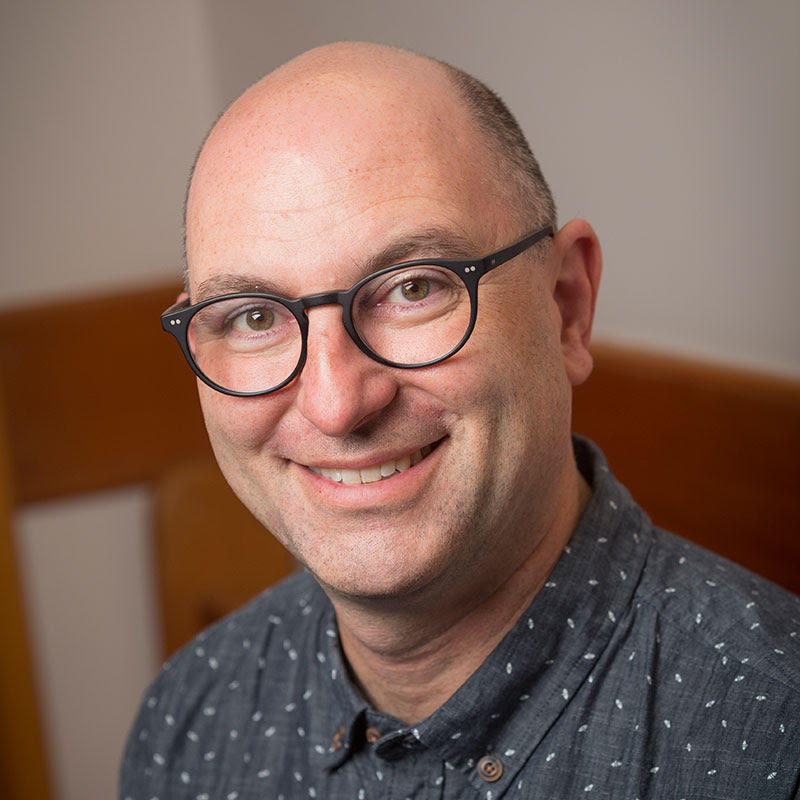 In 1965 a group of young brown-shirted, jackbooted Neo-Nazis terrorized Portland. Calling themselves the National Party of America (and Christian Patriots), they claimed to be the inheritors of the Silver Shirt movement of the 1930s. The NPA attended dozens of public events holding racist and antisemitic signs and menacing the people around them with threats of violence. After a December 1965 car crash took the life of one member and injured several others, the National Party disappeared from the scene never to be heard from again.
In 1965 a group of young brown-shirted, jackbooted Neo-Nazis terrorized Portland. Calling themselves the National Party of America (and Christian Patriots), they claimed to be the inheritors of the Silver Shirt movement of the 1930s. The NPA attended dozens of public events holding racist and antisemitic signs and menacing the people around them with threats of violence. After a December 1965 car crash took the life of one member and injured several others, the National Party disappeared from the scene never to be heard from again.Seth Cotlar is a Professor of History at Willamette University in Salem, OR. He's currently working on an article entitled “Rightlandia: Walter Huss and the Long History of the Far Right in Oregon, 1955-2005.” Dr. Cotlar teaches courses on the history of the far right and the history of American Conservatism. His first book was Tom Paine's America: The Rise and Fall of Transatlantic Radicalism in the Early American Republic (University of Virginia Press, 2011), which won the James Broussard Prize for Best First Book from the Society for Historians of the Early American Republic. He also co-edited Historian in Chief: How Presidents Interpret the Past with Richard Ellis. |
| 1:00 pm-3:00 pm | "Exploring the lives and habitats of birds," Mike Unger [Vicki Pedone], Kaneko Auditorium
Mike is a Salem Audubon Society (SAS) volunteer who has been leading bird walks and teaching classes on birds and nature for over eight years. He also coordinates the SAS bird survey program that conducts surveys throughout the Willamette Valley. Mike is a member of Salem and Tucson Audubon Societies, Cornell Lab of Ornithology, Black Swamp Bird Observatory, American Bird Conservancy, and Hawkwatch International. |
Thursday, March 21
| 10:00 am-12:00 pm | "Anxiety, Responsibility, Gratitude: Existential Themes in Heidegger’s Being and Time," Dr. Randall Havas [Bob Muir], Kaneko Auditorium 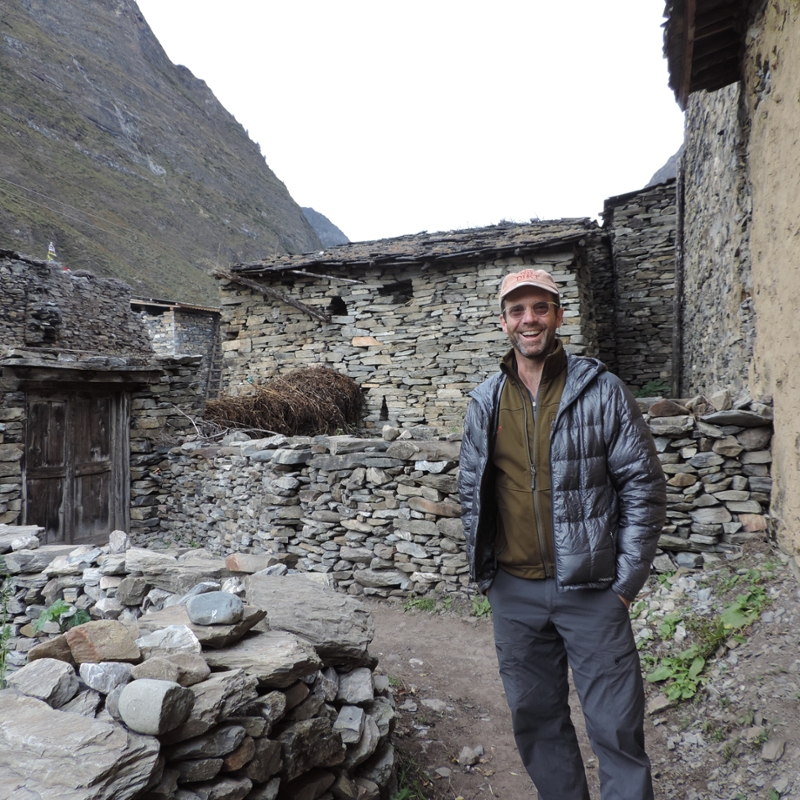 Martin Heidegger’s book Being and Time is a sustained attack on the philosophical picture of isolated human consciousness standing over against a material world whose real nature in no way matters to us. Heidegger argues that our existence is “being-in-the-world”: neither we nor the world we inhabit can be properly characterized independently of the other. We are thus answerable to the world in which we find ourselves—indebted to it and responsible for what we make of it. However, our understanding of that answerability is blocked by an idea of truth stretching back to Plato’s time and by our conformist way of seeking comfort in the face of our mortality.
Martin Heidegger’s book Being and Time is a sustained attack on the philosophical picture of isolated human consciousness standing over against a material world whose real nature in no way matters to us. Heidegger argues that our existence is “being-in-the-world”: neither we nor the world we inhabit can be properly characterized independently of the other. We are thus answerable to the world in which we find ourselves—indebted to it and responsible for what we make of it. However, our understanding of that answerability is blocked by an idea of truth stretching back to Plato’s time and by our conformist way of seeking comfort in the face of our mortality. These blocks to understanding express a form of alienation Heidegger identifies as “forgetfulness of Being.” He contends that to be truly at home in the world is to embrace a certain form of homelessness he calls “authenticity.” Being and Time is not the only work to address these themes, but Heidegger’s has been the most consequential for theoretical reflection since its publication in 1927. Dr. Havas will introduce and defend this approach to the early work of one of the most difficult but thoughtful philosophers of the last century. Randall Havas is the author of Nietzsche’s Genealogy: Nihilism and the Will to Knowledge (Ithaca: Cornell University Press, 1995). He has published articles on Nietzsche, Heidegger, and most recently Dostoevsky: "Raskolnikov Beyond Good and Evil," forthcoming in Dostoevsky’s Crime and Punishment: Philosophical Perspectives (in Oxford Studies in Philosophy and Literature, Robert Guay, ed.). He teaches courses on the Self, Existentialism, Kierkegaard, Heidegger, Kant, and Nietzsche. He also teaches martial arts and is an accomplished dog trainer. |
Week of March 25-29
SPRING BREAK—NO CLASSES |


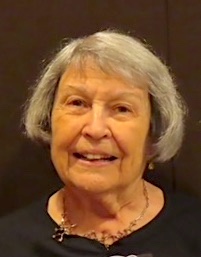
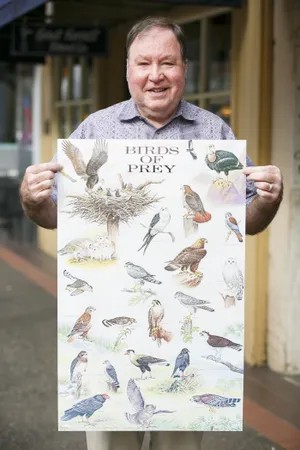 Learn about birds and owls during a presentation entitled “Exploring the Lives and Habitats of Birds.” During the first hour we will explore several birding topics including the evolution of birds, bird migration, bird behavior, environmental impacts on birds, and bird habitats. In the second hour we delve into owls of the Pacific Northwest including the Barred Owl which has become infamous in Salem.
Learn about birds and owls during a presentation entitled “Exploring the Lives and Habitats of Birds.” During the first hour we will explore several birding topics including the evolution of birds, bird migration, bird behavior, environmental impacts on birds, and bird habitats. In the second hour we delve into owls of the Pacific Northwest including the Barred Owl which has become infamous in Salem.